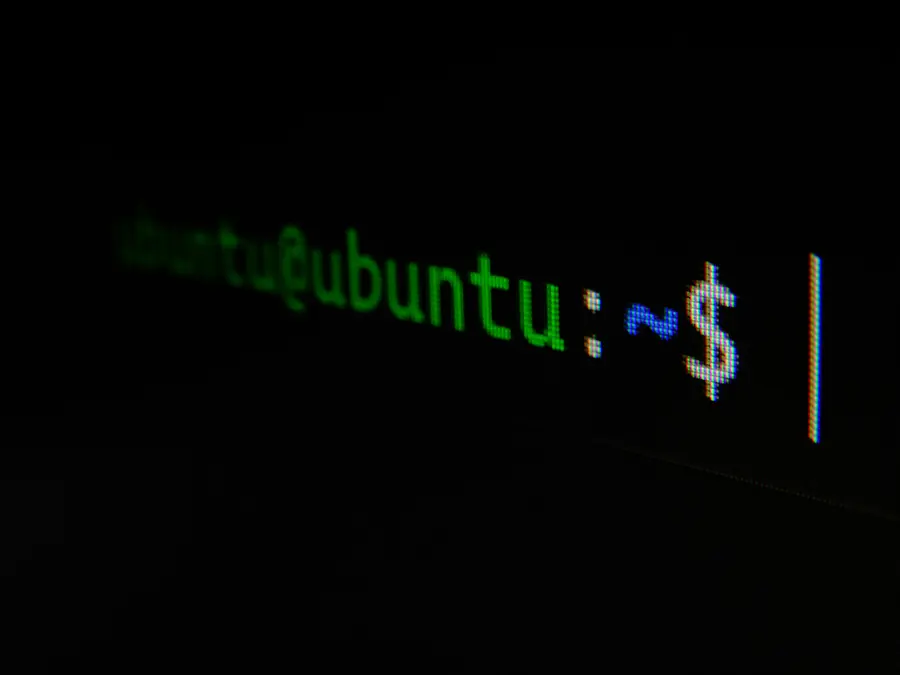If you’ve ever bolted awake at 3 a.m. wondering if your Ubuntu server is under siege by a botnet army, you’re not alone. In today’s world of relentless cyber threats, security isn’t optional—it’s your digital survival kit.
Whether you manage one website or an entire fleet of web services, your Ubuntu server needs serious protection. And while Ubuntu offers a solid out-of-the-box foundation, it’s what you add to it—and how you configure it—that turns it from “pretty secure” to “bring it on, hackers.”
Here’s your go-to guide to essential security tools for Ubuntu web servers—each one handpicked to keep your systems safe, performant, and peaceful (so you can finally sleep at night).
Why Ubuntu Server Security Matters
Ubuntu is a beloved favorite in the hosting world—open-source, well-supported, and flexible. But popularity attracts attention, and not the good kind. Every open port or outdated package is an open invitation to trouble.
Proper security helps you:
- Protect sensitive user data
- Avoid DDoS meltdowns
- Maintain uptime and service reputation
- Stay out of cybersecurity headlines (because no one wants that tweet going viral)
The golden rule? Think layers: firewall, antivirus, intrusion detection, audits, patching, and monitoring. Let’s break that down.
1. UFW (Uncomplicated Firewall)
If your server’s front door is wide open, no tool can help you. UFW is your bouncer.
sudo apt install ufw
sudo ufw default deny incoming
sudo ufw default allow outgoing
sudo ufw allow 22/tcp # Allow SSH
sudo ufw allow 80,443/tcp # HTTP/HTTPS
sudo ufw enable
✅ Pro tip: Only open what you absolutely need. Less surface = less risk.
2. Fail2Ban
Brute-force bots never sleep. Fail2Ban watches your logs and bans IPs that try to guess passwords like it’s a game.
sudo apt install fail2ban
By default, it protects SSH. But you can configure it to watch over NGINX, Apache, vsftpd, and more by tweaking /etc/fail2ban/jail.local.
3. ClamAV
If your server handles uploads (user profiles, forms, CMS assets), ClamAV is your silent file bodyguard.
sudo apt install clamav clamav-daemon
sudo freshclam
sudo clamscan -r /var/www
Set it up on a cronjob for daily scans, or even better—integrate it with upload handlers for real-time protection.
4. Lynis
Lynis is your auditing best friend. It’s not flashy, but it gives brutally honest feedback.
sudo apt install lynis
sudo lynis audit system
It’ll give you a score and suggest system hardening steps. Think of it as a personal trainer for your server’s security.
5. rkhunter (Rootkit Hunter)
Rootkits are stealthy. rkhunter isn’t. It hunts them with a vengeance.
sudo apt install rkhunter
sudo rkhunter –update
sudo rkhunter –check
Run it regularly. Better yet, automate it and send the logs to your inbox (or Slack, if you’re fancy).
6. AppArmor
AppArmor is like parental controls for your apps—only smarter.
sudo apt install apparmor apparmor-utils
sudo aa-status
It limits what programs can access on your system. Use aa-logprof to tweak profiles based on real usage. You don’t want your web server reading your emails.
7. Chkrootkit
Another layer against rootkits. It uses different detection methods than rkhunter, and together they cover more ground.
sudo apt install chkrootkit
sudo chkrootkit
Alternate between this and rkhunter weekly. Think of it as a rotation in your defense squad.
8. Auditd (Linux Auditing System)
Ever wondered who changed that file or when sudo was used? Auditd keeps the receipts.
sudo apt install auditd
sudo systemctl enable auditd –now
Use ausearch and aureport to dig into activity logs. Perfect for compliance, debugging, or uncovering shady behavior.
9. Unattended Upgrades (Security Patching)
Most exploits target old software. Auto-updating your system is like brushing your teeth—it’s basic hygiene.
sudo apt install unattended-upgrades
sudo dpkg-reconfigure –priority=low unattended-upgrades
Test updates in staging before rolling them out to production. Broken live servers = sad admins.
10. Bonus Tool: Wireshark on Ubuntu
While most tools look inward, Wireshark watches what’s going on the wire. It’s like CCTV for your network. This is why you need to learn how to configure Wireshark on Ubuntu 24.04.
To install Wireshark:
sudo apt update
sudo apt install wireshark
During setup, say yes when asked if non-superusers should be able to capture packets. Then:
sudo usermod -aG wireshark $USER
newgrp wireshark
Launch Wireshark and start sniffing packets like a pro. For Ubuntu 24.04, the setup is nearly seamless — just make sure to reboot or log out/in after group changes.
Build Your Fortress, Brick by Brick
Securing your Ubuntu server isn’t about installing one magic tool—it’s about layering protections, reviewing regularly, and keeping security front-of-mind.
This list is your starter kit. As your stack grows, so will your needs. Monitor logs, automate alerts, back up everything, and—most importantly—stay curious. The threat landscape evolves. So should you.
Now go fortify that server. And maybe—just maybe—you’ll sleep a little better tonight.





